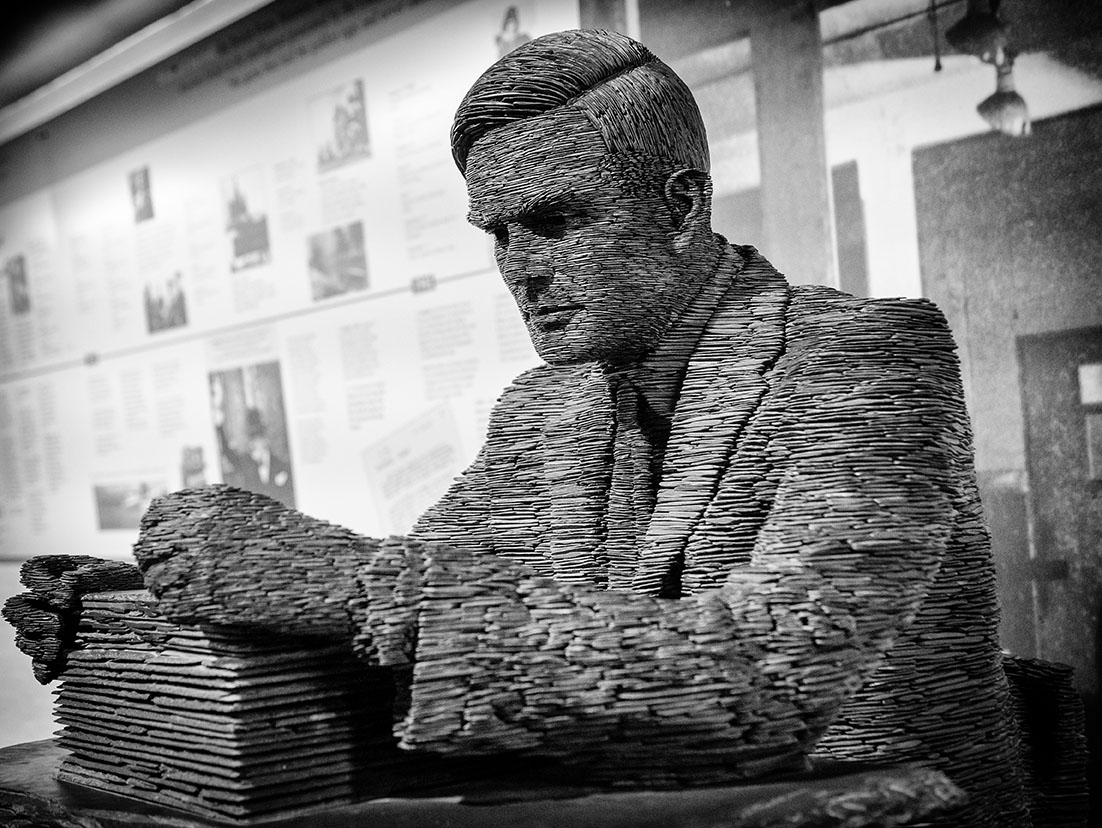

Alan Turing was a British mathematician, computer scientist, logician, cryptanalyst, and theoretical biologist. He is widely considered to be the father of theoretical computer science and artificial intelligence.
Turing was born in London, England, in 1912. He studied mathematics at King's College, Cambridge, and received his PhD in 1934. After graduating, he worked as a cryptanalyst at Bletchley Park, where he helped to break the German Enigma code.
Turing's most famous work is the Turing machine, a theoretical model of computation. The Turing machine is a simple device that can be used to simulate any computer program. Turing's work on the Turing machine laid the foundation for the development of modern computers.
Turing also made significant contributions to the field of artificial intelligence. He proposed the Turing test, a test of a machine's ability to exhibit intelligent behaviour equivalent to, or indistinguishable from, that of a human. The Turing test is still used today to measure the progress of artificial intelligence.
Turing was a brilliant mathematician and scientist. He made significant contributions to many different fields, including computer science, mathematics, and artificial intelligence. He is considered to be one of the most important figures in the history of science.
Imagine that you are a computer. You can do things like add numbers, subtract numbers, and print things out. But you can't think for yourself. You can't decide what to do next. Alan Turing was like a computer that could think for itself. He could come up with new ideas and solve problems. He was a very smart computer.
Turing's work on artificial intelligence involved developing algorithms that could simulate the behavior of living organisms. These algorithms had to take into account the effects of air resistance, as living organisms are constantly moving through air and experiencing air resistance.

Alan Turing is a proper noun.
The name "Alan Turing" is of English origin. The surname "Turing" is thought to come from the Old English word "tyr", which means "power". The given name "Alan" is thought to come from the Irish word "Aodhán", which also means "power".
The name "Alan Turing" is therefore a combination of two words that both mean "power". This is perhaps a fitting name for someone who was such a powerful force in the development of computer science and artificial intelligence.
What is Alan Turing most famous for?